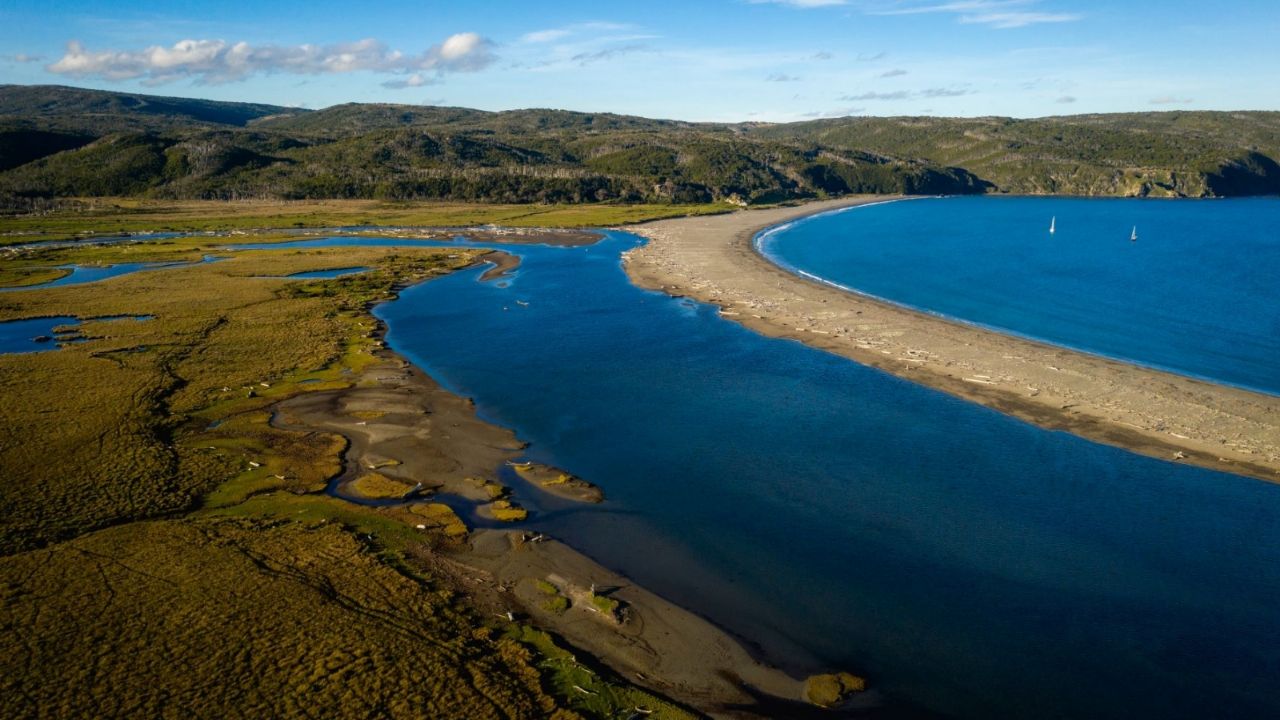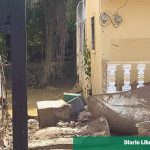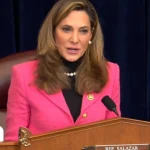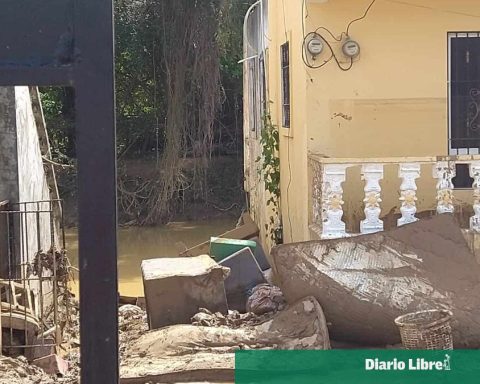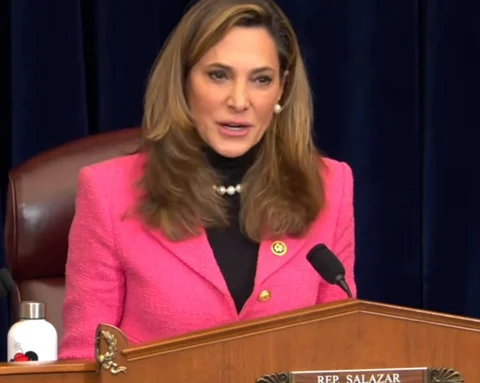Wetlands are areas of land temporarily or permanently flooded with water, which gives them a high ecosystem value, since they contribute to the well-being of multiple species, including humans. They also house 40% of the world’s diversity. However, in most countries these areas are not protected, which is why in the case of Argentina, different organizations promote the Wetlands Law.
This Project that has even been taken to Parliament on different occasions, during 2022 it managed to be treated in the Chamber of Deputies, thanks to the monitoring and pressure that they have put on the Wetlands Lawboth civil society and different environmental organizations, including FARN.
FARN (Fundación Ambiente y Recursos Naturales) is an NGO based in Buenos Aires, which works at the local, national and international level to monitor various environmental processes such as the Escazú Agreement, the Wetlands Lawamong many others.
Through its work, the organization focuses on rights issues and environmental policy on various climate issues; It also carries out research and field work with a diversity of groups and movements with the aim of “promoting that the environment be a State policy”, as Ana Di Pangracio, executive director of the NGO, explains in a dialogue for this newspaper.
For this reason, FARN has been involved in the treatment of Wetlands Law and promotes, from different instances, that the project be sanctioned, since these ecosystems are in crisis and at high risk of disappearing.
In the case of Argentina, 21.5% of the territory is made up of a diversity of wetlands, despite this, as in the rest of the world, These ecosystems face serious threats such as: large-scale agricultural and livestock production, mining, hydrocarbon activities, industrial and urban development, pollution, as well as climate change itself..

This has led these areas to become extinct throughout the world, since according to data from the Ramsar Convention, a convention that deals specifically with these ecosystems, 87% of the planet’s wetland surface has disappeared in the last 300 years, which which means that an irreplaceable natural system has been lost.
This, since wetlands are the main source of fresh water in the world and provide multiple benefits for people. They help mitigate the climate crisis thanks to their high capacity to sequester carbon, they are home to a large part of the planet’s biodiversity, they cushion the impacts of rainfall, and they are the source of livelihood for hundreds of populations and to develop various productive activities.
For this reason, the country urgently needs to sanction the Wetlands Lawwhich essentially proposes a regulatory framework for environmental protection that guarantees both its conservation and the respectful use of its resources.
As Di Pangracio explains, “What is proposed is to be able to promote policies that lead us to a scenario of conservation, sustainable use and restoration of wetlands”. This through two major tools: the national inventory of wetlands, and the environmental ordering of wetlands.
This would allow, in the first instance, to know the state of these natural systems in the national territory and thus be able to make “strategic decisions” to guarantee their protection and conservation; but also, “to be able to order the areas that are covered by wetlands in the country.”
Likewise, this “would promote a whole series of participatory processes so that the community, with a diversity of other sectors of civil society, including government, science, business, production, decide what we want for wetlands” to ensure its long-term sustainable use.

Thanks to the drive and pressure that more than 500 organizations have given to this initiative, last year an opinion in favor of the project was finally achieved in the Chamber of Deputieswhich until now had not happened, since similar proposals have been debated for more than 10 years in Parliament.
However, the bill failed to move forward and be dealt with in the venue so that it could be given half approval, which would allow it to be subsequently taken to the Senate to determine if the law was approved, and then it was approved. However, it is expected that the debate will resume this year when the parliamentary sessions begin.
The obstacles of the project
Yes ok the project is supported by scientific and legal information, in the midst of the debate that took place last year in the plenary session of the Natural Resources, Budget and Agriculture commissions, a group of governors strongly rejected the initiative, arguing that the The project affects economic production and violates the autonomy of each province, which delayed the discussion.

Because of this, the provincial leaders requested to be part of the debate to make their position known; however, despite the permanent calls they never went to the Lower House to explain their concern and to clear up their doubts.
In this regard, the executive director of FARN explains that what happened is due “to a lack of understanding that production requires healthy ecosystems,” since “healthy ecosystems are essential to sustain life on earth, and the productive sector is not exempt from this”.
He further maintains that there “a lack of political will, of awareness about the negative impact that the retreat of ecosystems and their destruction have on people on a daily basis”.
Likewise, Di Pangracio points out that, although the project finally achieved an opinion, the pressure exerted by the governors and also by the productive sector, finally influenced the initiative so that it could not be brought to the venue during the parliamentary year of 2022.
In this sense, the NGO points out that, despite the criticism, moving forward with the project is urgent, since it is a law “that does not go against production, but what it guarantees is the conservation and responsible use of the wetlands”, which will force companies to change the way they do things, since the current systems “are detrimental to ecosystems, destroying them”.
This means that the law will establish regulations, controls, as well as more environmentally friendly processes, in order to “safeguard the common good, and not only the concentrated interests of some sectors, but the common good of the whole society”.

For this, the regulations propose, beyond the conservation of wetlands, that there be a responsible use of resources and a restoration of these natural areas. This in turn means preserving their ecological functions and eliminating the factors that put them at risk or threaten them, so that “they can continue to fulfill their natural functions, which results in benefits for people.”
This implies, for example, the development of sustainable tourism, artisanal fishing, agroecological initiatives, real estate development that is not on a large scale “but that goes online out of respect for the ecological integrity of ecosystems”, as highlighted by the lawyer and specialist in environmental law, in an interview for this newspaper.
In this sense, the law in turn will allow determining what type of activities can be carried out in these ecosystems, what should be the strategies to be implemented for their protection and conservation, as well as promoting restoration processes in those wetlands that are in serious decline. .

That is why it is so important that both civil society and those who have the power to make decisions understand the urgency of stopping productive activities that uncontrollably degrade natural resources, which in turn leads to exacerbating the climate crisis, and in In this sense, measures begin to be taken to reverse the serious effects that this leaves both for the environment and for humanity.
Well, today “the economy continues to be prioritized to the detriment of the safeguarding and health of ecosystems and biodiversity, which is essential for people.” for the diversity of benefits that they provide us, as well as to sustain diversity of means and ways of life of entire communities throughout the country”.
For this reason, from FARN they seek to “continue raising awareness” about the importance of advancing in a regulatory framework for the protection and conservation of wetlands, since they are laws that are decisive “for such critical ecosystems and that are in such a serious emergency.” .
This in turn implies, not only that it is possible to sanction the Wetlands Lawalso that financing be allocated for its execution and also, that the norm be implemented in its entirety and at a national level.
For this reason, it is essential that the project return to debate this year, while it has parliamentary status, so that it obtains half approval and then goes to the Senate, and if no changes are demanded, finally the law, after 10 years of discussions, is finally approved. .
In this sense, Di Pangracio remarks that “we must continue applying pressure” because “there is also the risk that it will not finally be dealt with this year”, neither in the Lower House nor in the Senate, which would again archive the project, but on everything, to further delay a law that is necessary to “stop and reverse the crisis that wetlands are going through”, one of the richest and most fragile natural systems on the entire planet.
